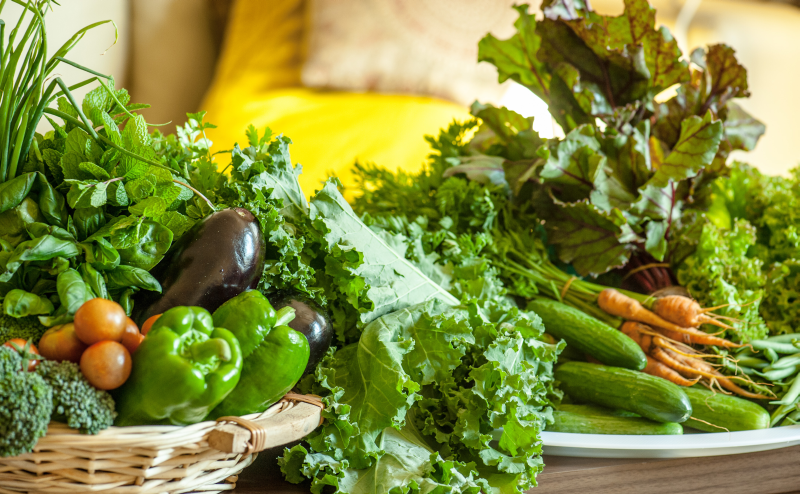
A new study reveals that the EU would need 19 million more hectares of farm land to produce the same amount of food if countries don't start innovating with plant breeding.
The report warns of a challenging policy and regulatory framework which needs to be improved to maximize the benefits.
Copa & Cogeca Secretary-General Pekka Pesonen said: "The report shows that innovation in plant breeding can count for a lot, enhancing overall productivity in EU arable farming by 74% to enable the EU to help combat hunger and malnutrition globally."
The same study shows that genetic crop improvements in EU arable farming boosts the EU economy significantly, adding over 14 billion euros to the EU’s Gross Domestic Product.
It also boosts growth and jobs in the EU and enhances arable farmers annual income by an estimated 30% in the last 15 years.
Environmental benefits
Substantial environmental benefits are also a result of plant breeding since it helps save scarce land resources around the globe by generating higher yields per unit of area, the study claims.
Without plant breeding for the majority of arable crops in the EU in the last 15 years, global agricultural acreage would have to be increased by over 19 million hectares, the study adds.
But it warns that EU plant breeders in the EU face a challenging policy and regulatory framework.
They should be encouraged to invest in new breeding technologies instead of being hindered.
The obviously high societal rates of return plant breeding investments generate need to be recognized more and supported politically through proper administration, sound legislation, higher financial support and overall awareness raising, the study states.
